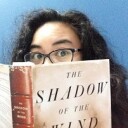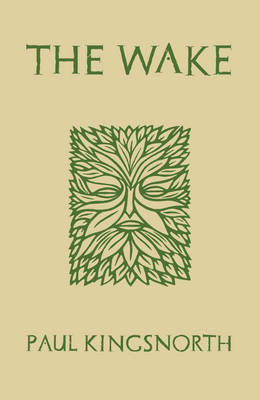
Lianne
My initial impressions of this book definitely focused on the writing. It does take a good number of pages to get a feel for how the language works, understand how certain letters sound, and what certain words may mean in contemporary English; I suppose a drawback to reading the book in an eCopy format is that the glossary is at the end rather than something you can flip back and forth to at your convenience. It can be tough, but it does colour the story and the way the reader approaches the story, Buccmaster’s world and society of the time. I also found that reading it out loud helped.
Story-wise, it was a curious read albeit the pacing had its moments. It starts off and the reader has no idea where the story is headed: there are signs and portents, you know that there’s tension in the air and you’re waiting for the other shoe to drop. It does, but then the story hits another lull of sorts. Events slowly begin to pick up when Buccmaster decides to revolt and gains a small band of men to join in the revolt against William the Conqueror (love that they call him by his French name here). It was also intersting to follow as this group tries to recruit more people from other communities to their cause, with varying results.
My favourite part of the book had to be the ending though. Buccmaster for the most part had been a strange character–he’s crude, he’s paranoid, he’s suspicious, his treatment of people left for wanting, and has a bit of self-importance going for him. Despite of this, I really felt for him though at the end of the novel.
Overall I’m glad to have finally read The Wake. Readers who are looking for something different to read may want to check this title out.
